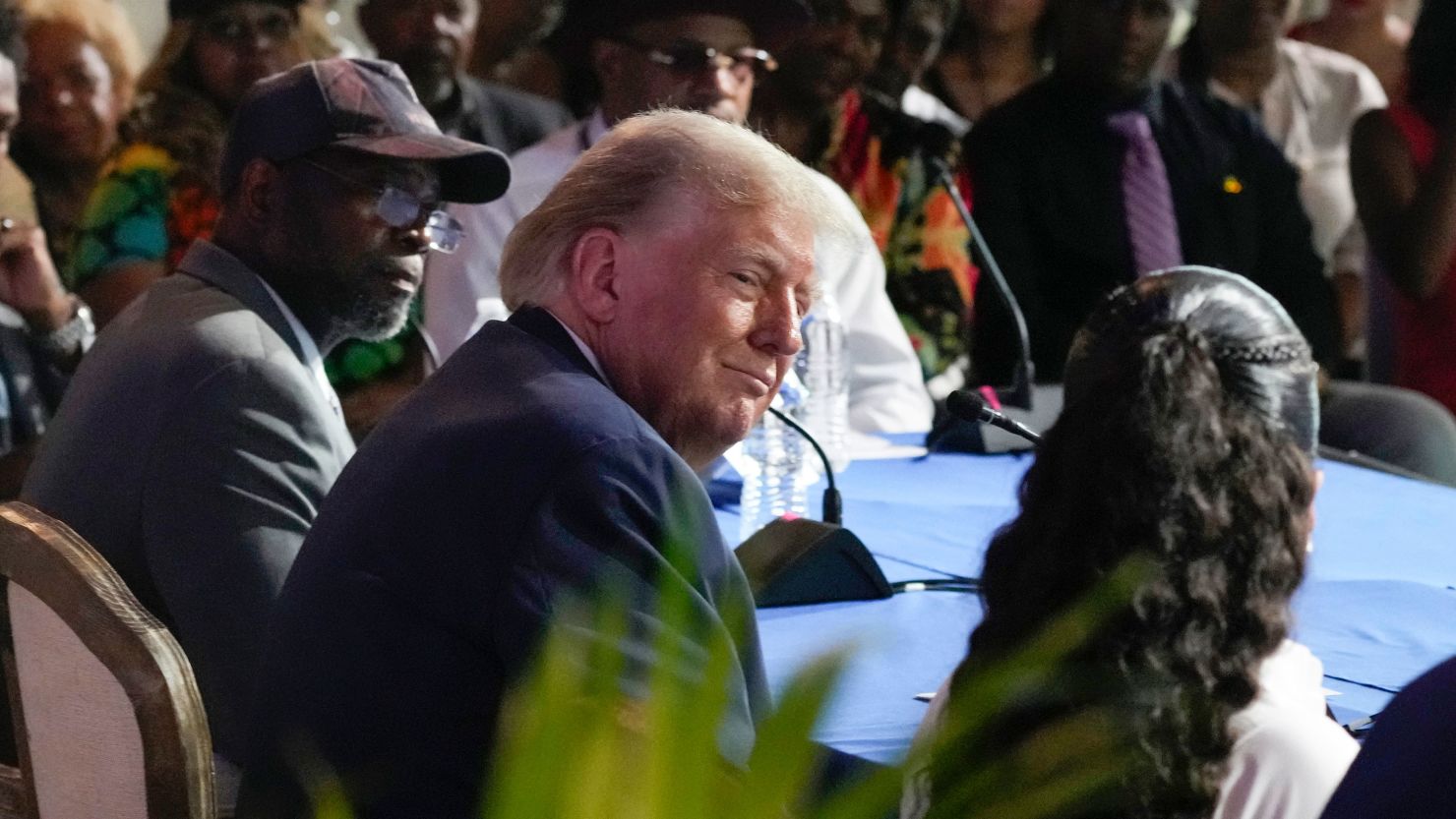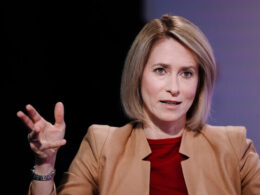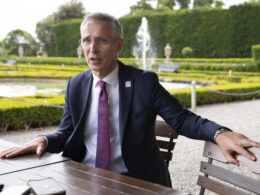Former US President Donald Trump, the presumptive Republican nominee in the upcoming election, blasted the scale of US support for Ukraine at a campaign rally in Detroit on 15 June, according to Politico. Trump criticized Ukrainian President Volodymyr Zelenskyy, calling him "the greatest salesman of all time" for securing extensive American assistance in defending against Russian aggression since Moscow's invasion in 2022.
"He just left four days ago with $60 billion, and he gets home, and he announces that he needs another $60 billion. It never ends," Trump claimed, referring to recent US aid for Ukraine approved by Congress and the Biden administration.
Trump vowed swift action, stating, "I will have that settled prior to taking the White House as president-elect."
Inside the USA’s anti-Ukraine network, from hard left to far right
Ukraine's Western allies have been working to secure long-term assistance for Kyiv amid fears that a potential Trump reelection could curtail US support for Ukraine. Last week, the Biden administration extended long-term security guarantees to Ukraine, following congressional approval in April of more than $60 billion in aid.
NATO countries also moved forward with a plan for the alliance to take over coordinating military aid to Ukraine from the US. This shift is widely seen as an effort to insulate Ukraine's defense against potential changes in American policy under a new administration.
Separately, US Vice President Kamala Harris announced a $1.5 billion aid package for Ukraine at a two-day peace summit in Switzerland, focused primarily on the energy sector and humanitarian assistance.
Related:
- Trump reveals his vice presidential candidates, all reject US aid for Ukraine
- Inside the USA’s anti-Ukraine network, from hard left to far right
- Big Oil finances Putin’s war crimes and Trump’s political ambitions
- Zelenskyy on Trump: Does he really want to be a loser president?
- NATO seeks €40 bn annual commitment from allies for Ukraine aid, Reuters’ source says
- Trump supports aid to Ukraine, but “in loan, not gift”





